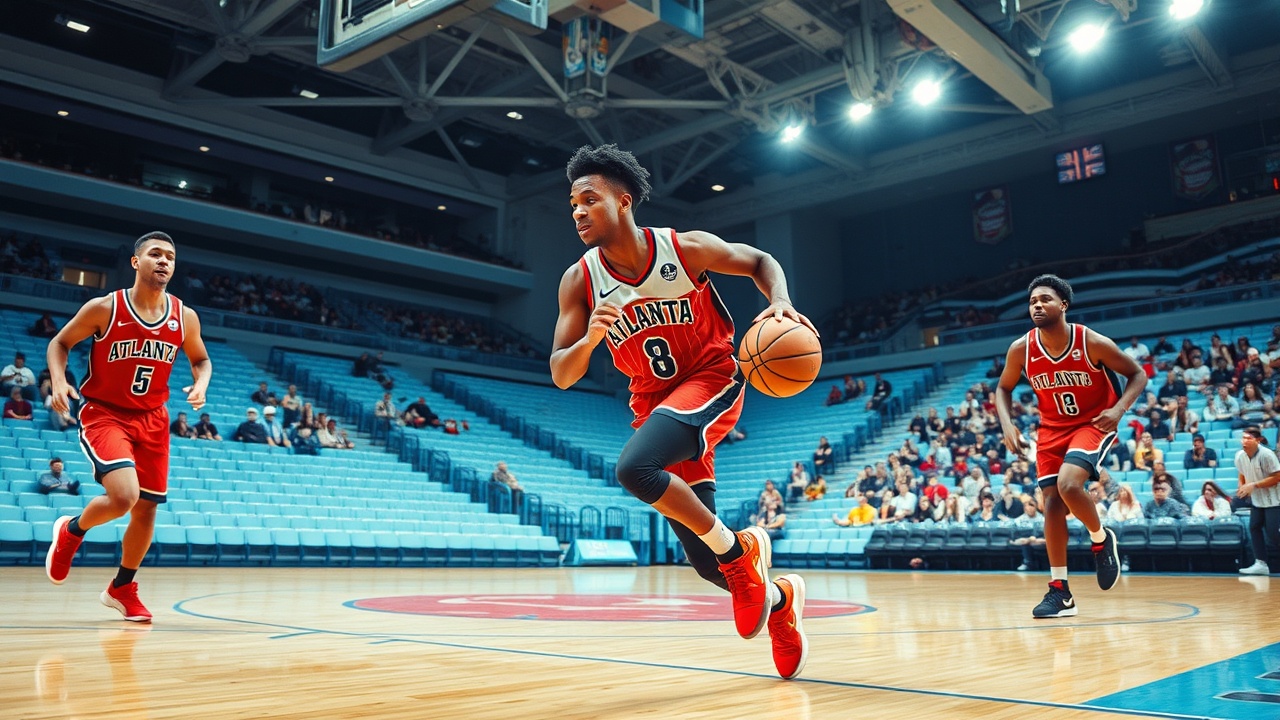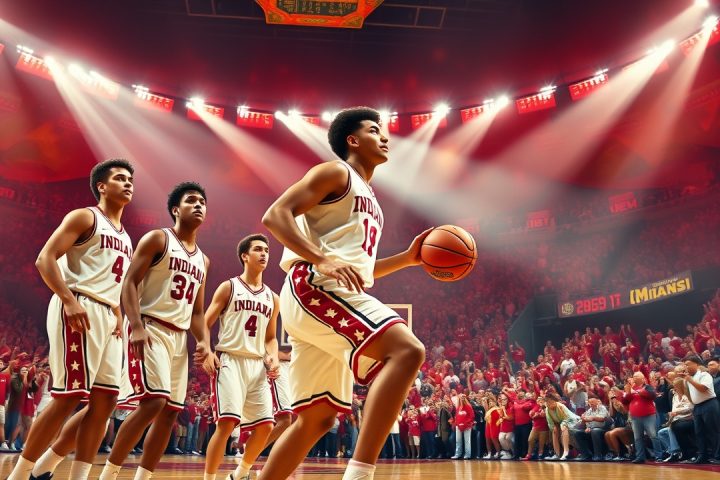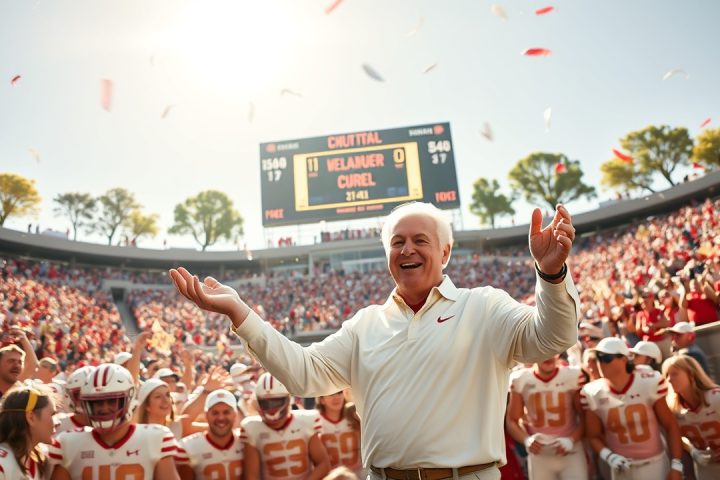Atlanta Hawks at a Crossroads
This summer marks a pivotal moment for the Atlanta Hawks as they face a significant choice regarding their star player, Trae Young. Since his arrival, Young has been a focal point for the franchise, starting with the controversial trade that brought him to Atlanta in exchange for Luka Dončić on draft night. Even more recently, the Hawks reaffirmed their commitment to Young by trading DeJounte Murray, opting to keep the talented guard at the helm of their backcourt as they seek to rebuild.
Decisions Ahead for the New Management
However, with Onsi Saleh stepping in as the new general manager, supported by senior vice presidents Bryson Graham and Peter Dinwiddie, the Hawks find themselves at a crossroads regarding Young’s future. The young star is eligible for a substantial four-year contract extension worth $228.6 million this offseason, but the franchise must decide whether to indulge in such a deal, persuade Young to accept a lesser sum, or possibly trade him in favor of developing younger players like Jalen Johnson and Dyson Daniels.
Contract Options and Risks
One possible route is delaying any immediate decisions, as the extension eligibility remains available throughout the season until June 30, 2026. However, this approach carries the risk of Young opting out of his player option next year, potentially leaving the team empty-handed. Young has expressed his desire to win, stating,
“I wanna win… if that’s in Atlanta, that’s where I wanna be,”
aligning his ambitions closely with the Hawks’ trajectory.
Performance and Future Considerations
Last season was a mixed bag for Young, as he earned All-Star honors while averaging 24.2 points and leading the league with 11.6 assists per game. However, he also faced scrutiny due to his 355 turnovers, the highest in the league, and questions surrounding his defensive abilities. While some observers recognize him as a strong player, there are concerns that his playstyle may limit the team’s overall success. Nevertheless, Young has started to diversify his game, showing improvement in defensive effort and off-ball movement — signs of his evolving role.
Financial Constraints and Future Strategy
It’s challenging to foresee the Hawks committing to a max contract given their financial situation. They could approach the luxury tax threshold if they retain players like Clint Capela and Caris LeVert, which the franchise might want to avoid after a disappointing 40-42 season without a playoff advance. On the trading front, although speculation abounds regarding Young’s potential moves, actual interest from other teams appears limited. Notably, the Spurs, once mentioned as a possible destination, have recently pivoted towards adding De’Aaron Fox and are gearing up to draft promising talent.
Negotiation Possibilities
The most plausible scenario may involve negotiating a more reasonable three-year, $120 million contract, as suggested by ESPN’s Bobby Marks. This would provide financial flexibility while keeping Young in Atlanta until he reaches 29 — opening up future trade possibilities. Alternatively, waiting to assess the season could reveal if a more favorable outcome optimizes Young’s contract potential, especially if the team can add depth through the draft.
Conclusion: Strategic Decisions Ahead
The upcoming choices made by Saleh and his newly assembled front office will serve as an early indicator of the strategic direction the Hawks intend to pursue in the upcoming years, making this decision one of the franchise’s most critical moments.




